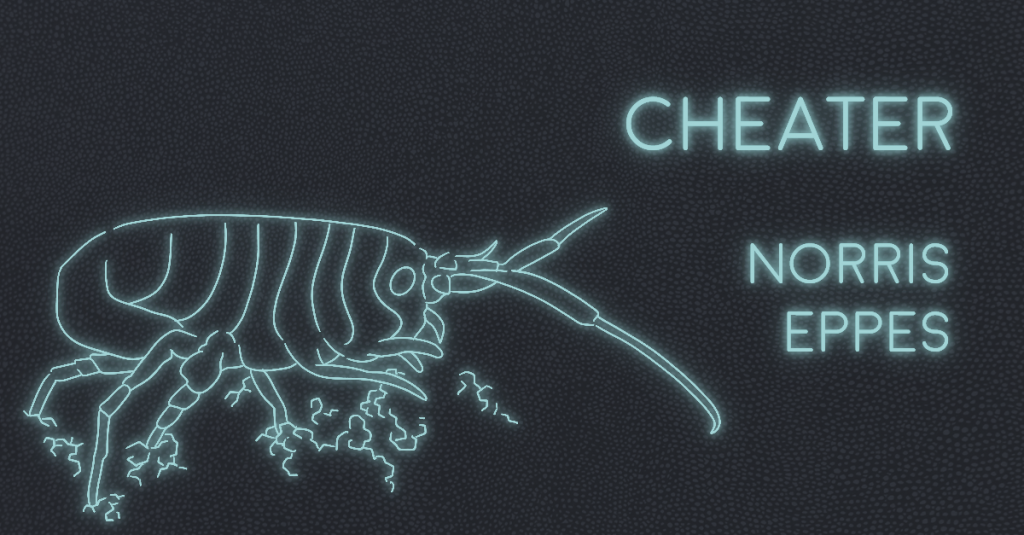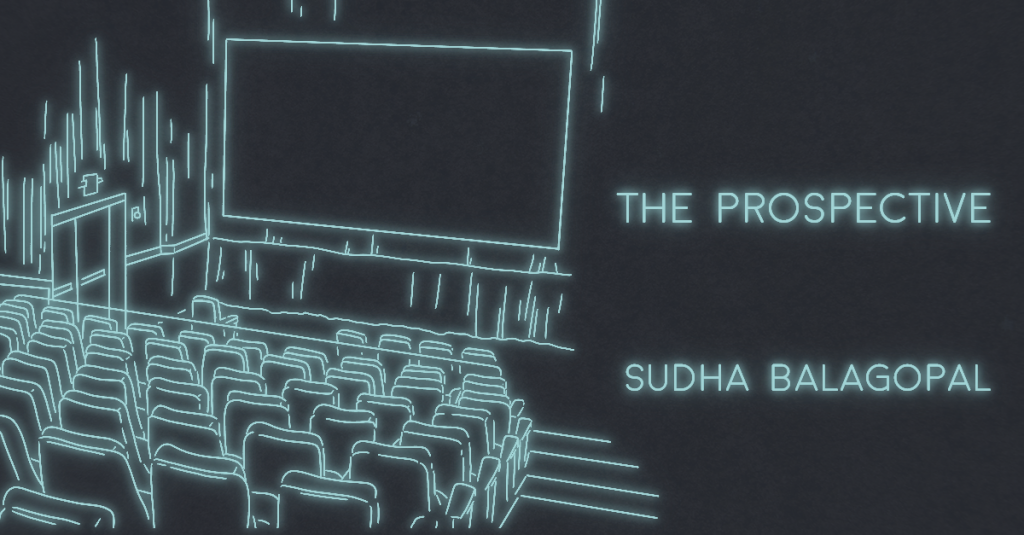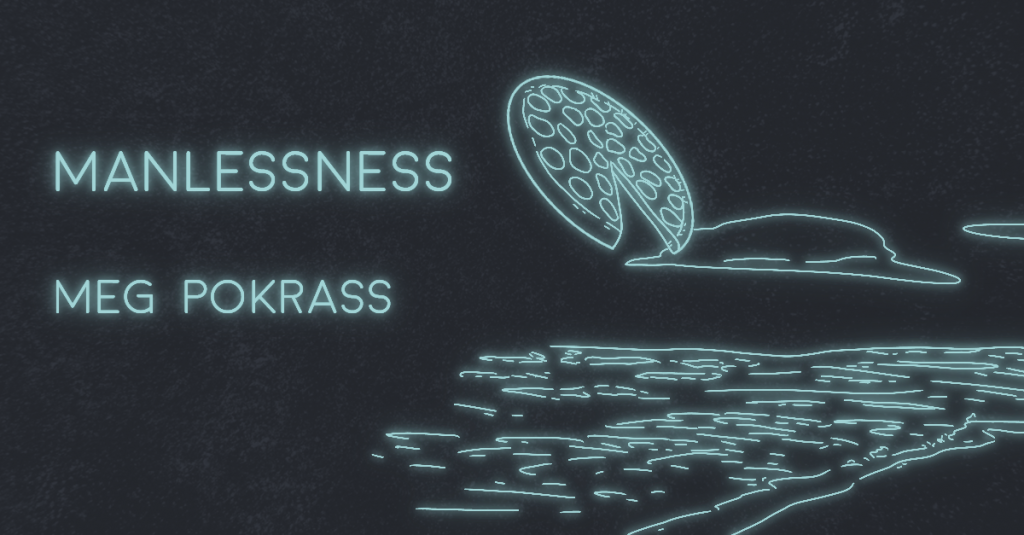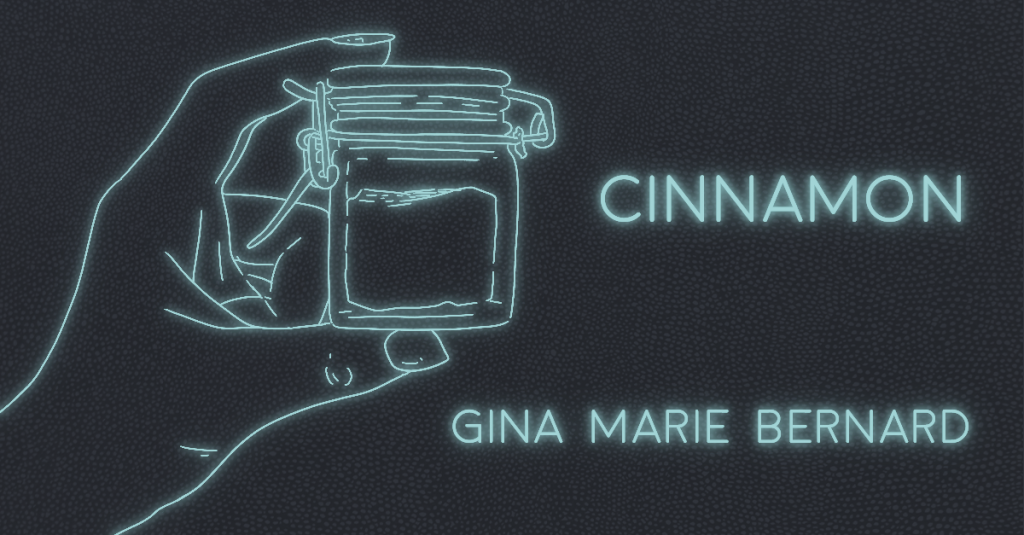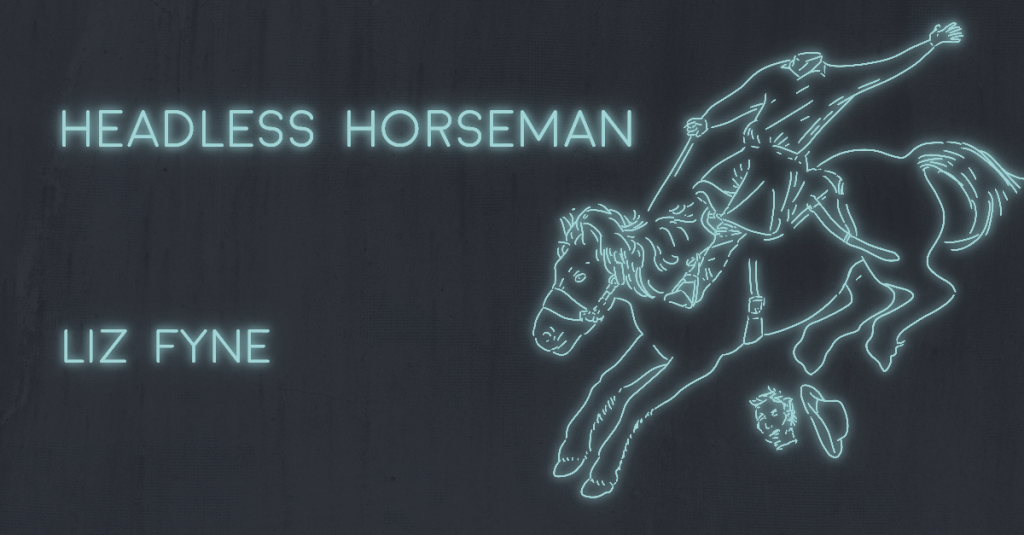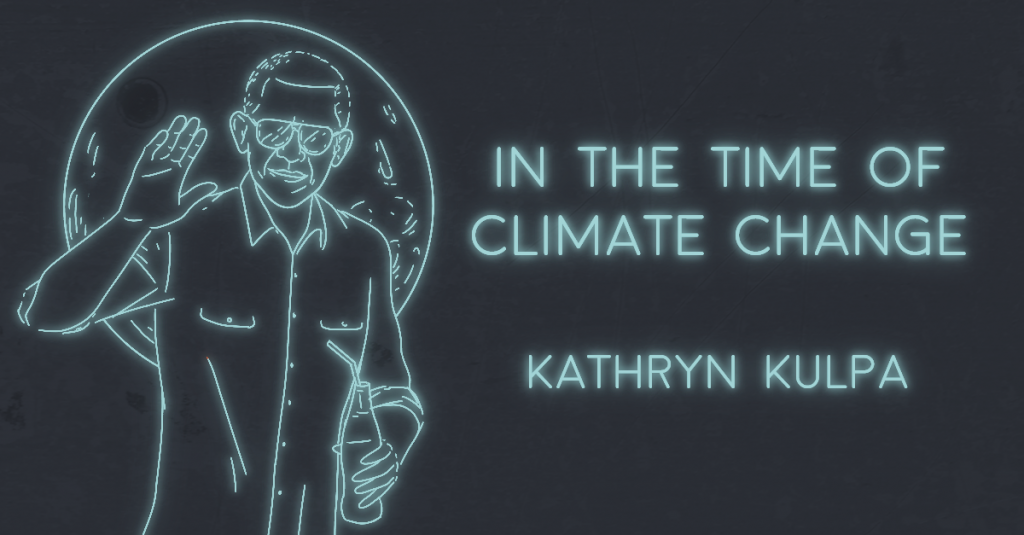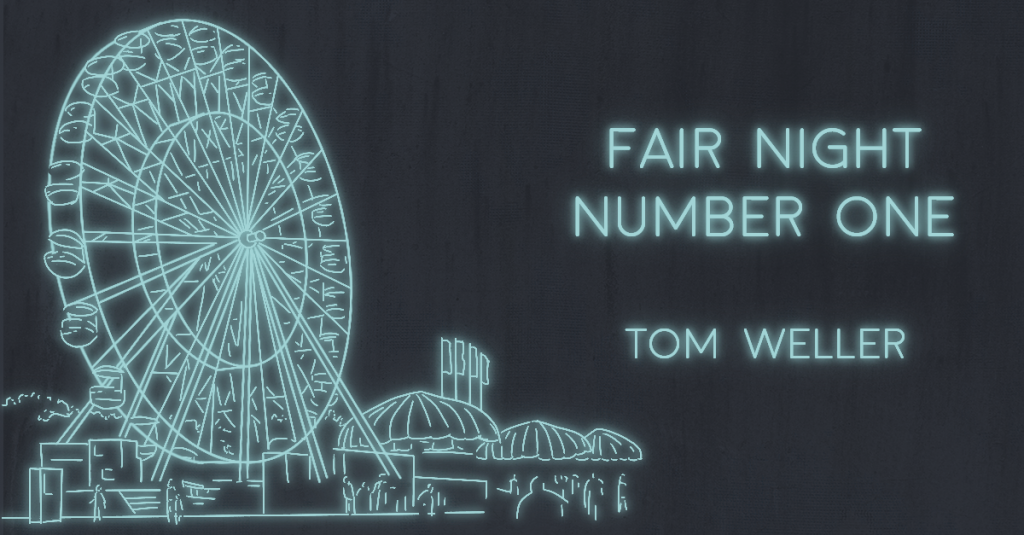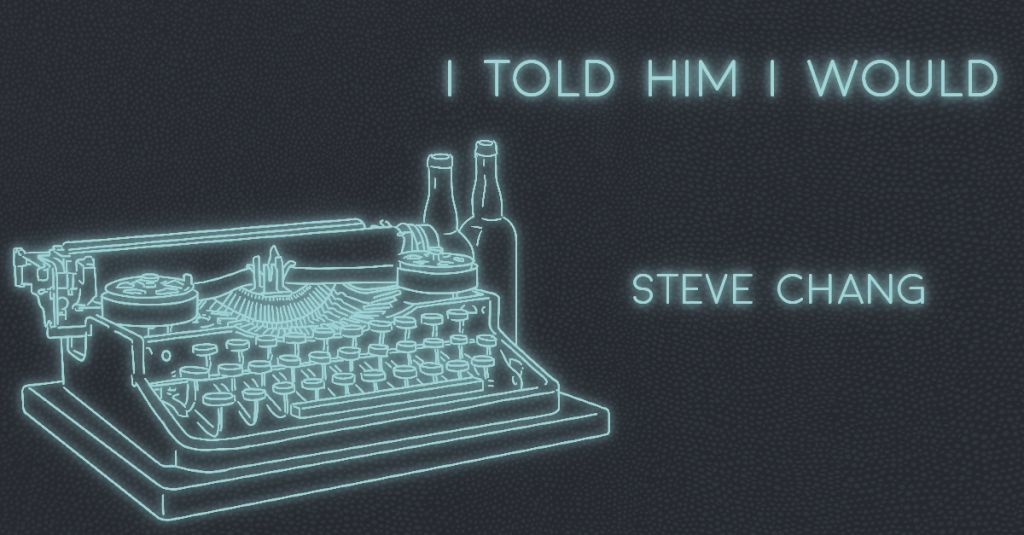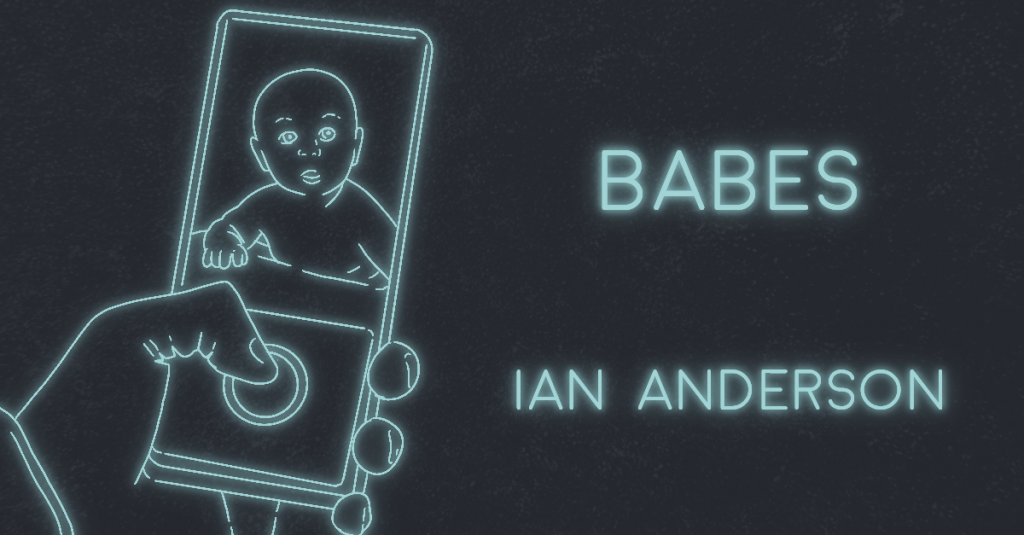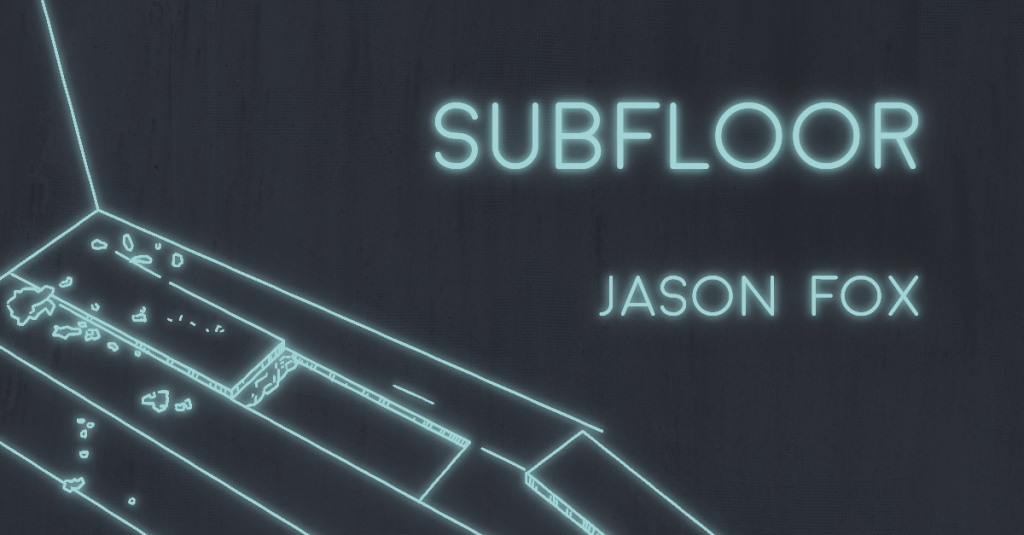
SUBFLOOR by Jason Fox
Your refrigerator is yawning. It spills an egg-yellow rectangle on the floor. A ticking clock somewhere beyond. Then the fridge door closes and seals itself with a magnetic kiss. Plum dawn darkness washes in. You barefoot-shuffle through a current of cold air. Past your trash can and over some spilled coffee grounds that stick to your feet. It starts in this good morning darkness. First, a warmth coming from below the floorboards. Not possible. This carriage house, which is more a renovated barn, was built in 1880. It has only earth beneath the floors. No basement, no crawl space, just…

